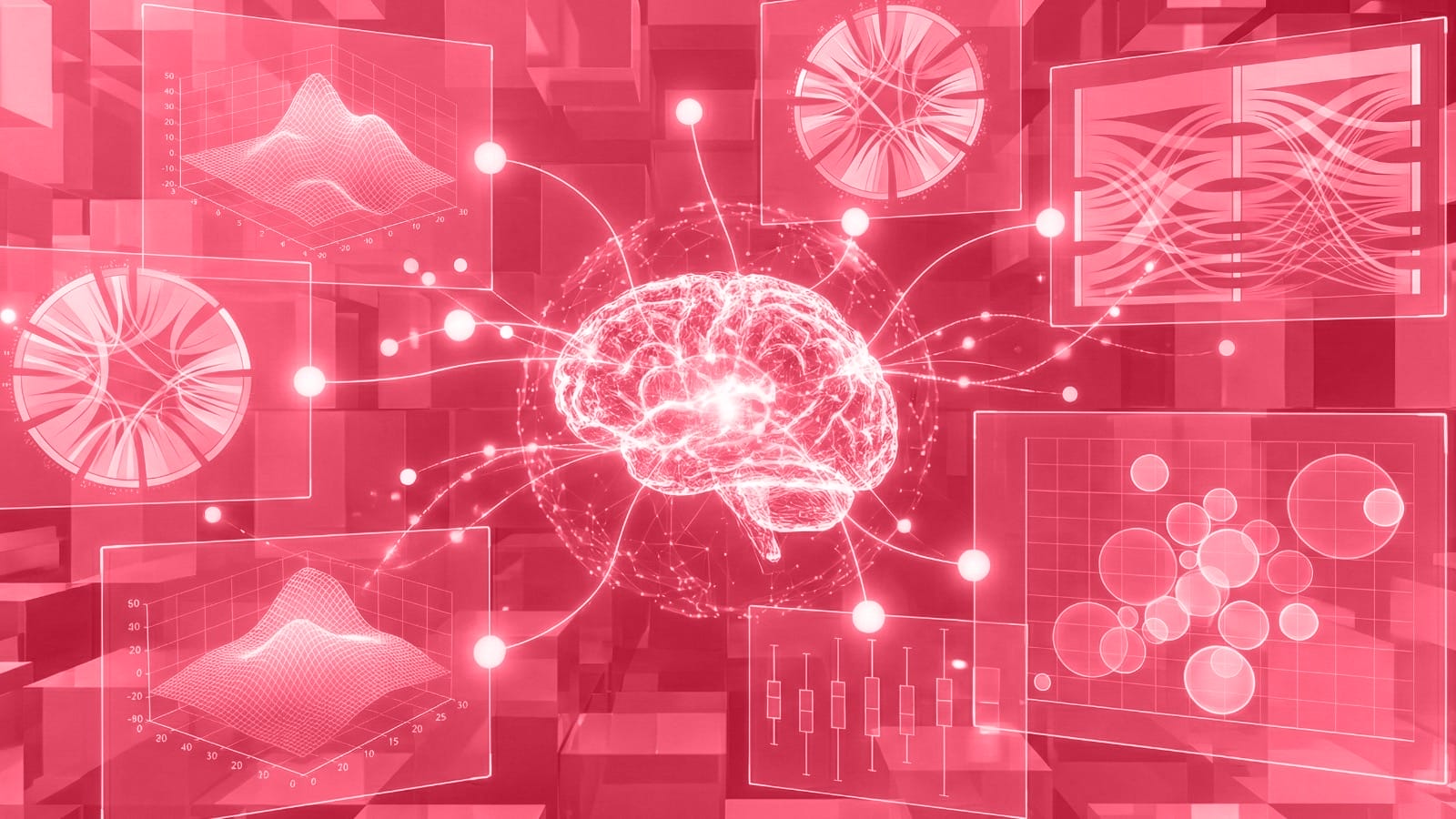Why is my AI suddenly so much dumber than before?
One frustrating reality of AI assistants is that they can go from genius to clown from one day to the next. Yesterday, you had found the perfect workflow or the Holy Grail of prompts. Everything worked like magic. Today, the same tool with the same setup suddenly fails completely. The AI is ignoring your instructions. …



